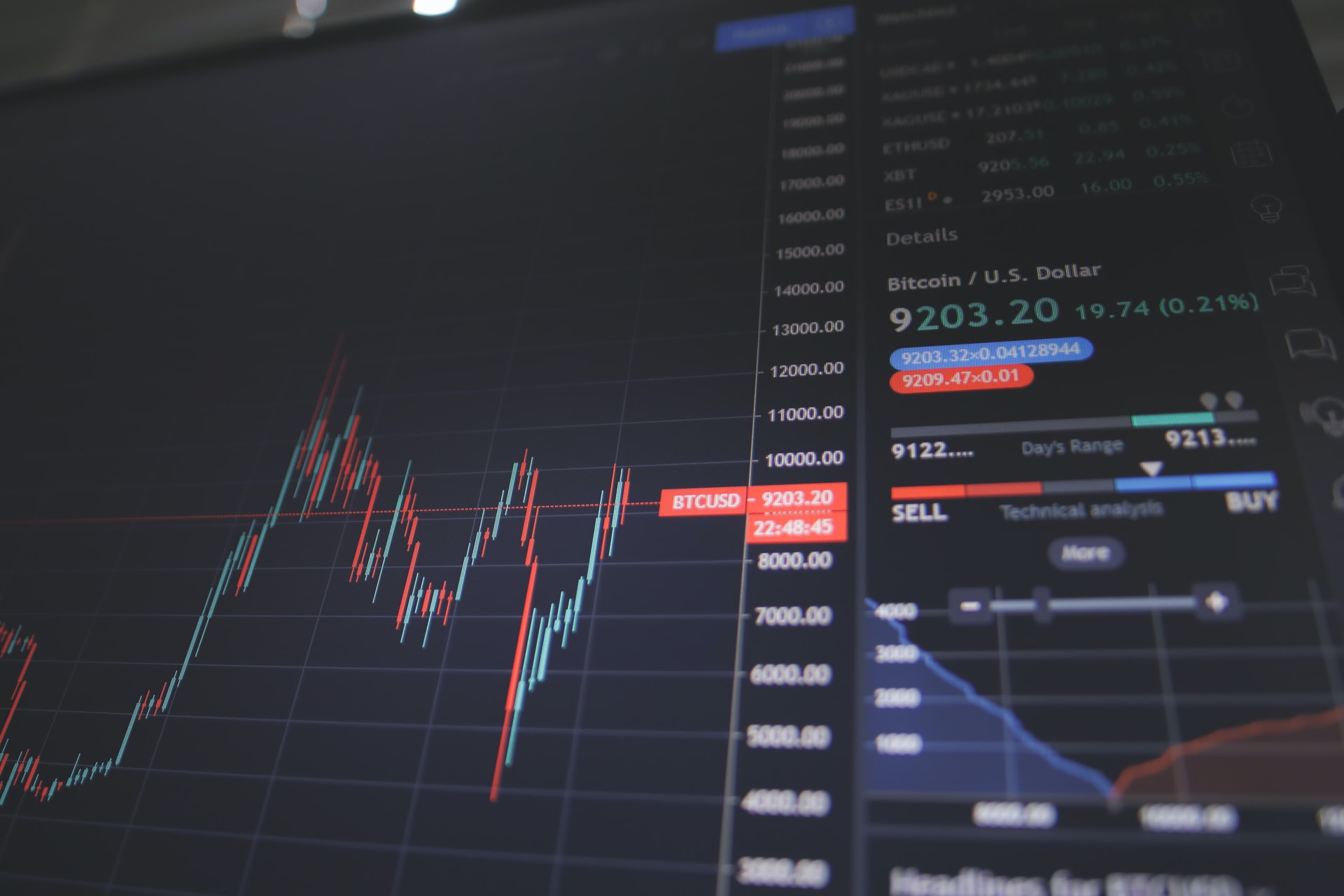Responding to, or causing, shocks? BoE leaves rate unchanged
The Bank of England (BoE) Monetary Policy Committee, in its November meeting, set out once more how they maintain inflation is expected to depart from the target of 2% as the economy responds to “shocks”. But then delivered their own shock to the market, with a 7-2 majority vote to continue to leave interest rates at the record low of 0.1% this was despite inflation rising to 4.2% in October, the highest since 2011.
With strong employment figures, pressure to raise rates continue, however, the BoE continues to maintain its focus on medium-term inflation. There is acknowledgement that inflation has risen higher than expected and could go as high as 4.5% before any intervention could be seen.
Global and UK GDP increase
GDP increased in the UK and globally in quarter three of 2021, albeit at a slower pace than was predicted back in August, however it is acknowledged that growth is restrained significantly by the widespread disruption to supply chains, leading to bottlenecks in some sectors. Despite this, UK GDP is expected to make a “subdued” return to the pre-Covid levels of quarter four 2019 in the first quarter of 2022.
Investors seek comfort from new Covid variant
The uptake and effectiveness of the Covid vaccination programme had pushed Covid momentarily down the list of investors’ concerns, amid other worries of rising inflation and disastrous supply chains. However, the increasing infection rates in Europe have forced governments to take a variety of measures to try and slow the latest wave of infections, which was before the emergence of the new, potentially more infectious, Covid-19 variant, Omicron.
With many financial markets at, or close, to all-time highs, the Omicron variant has hit the financial markets hard and the selloff has looked a lot like precautionary profit-taking as investors rushed to safe-haven assets. Stock markets around the world fell with the FTSE 100 index taking its biggest drop in over a year.
Economy will need more than COP26 pledges
It will be some time until we see whether the pledges made by politicians and policymakers at the Glasgow COP26 climate change summit will turn into actual change-making policies. But economists broadly agree that impressive speeches and bold commitments will not on their own stop climate change from “clouding the long-run economic outlook” of many emerging markets.
While most countries have agreed to sign up to new plans, such as cease deforestation and curb methane emissions, with 40 countries pledging to end their use of coal, the world’s biggest emitter, China, was notably absent, along with other absentees Russia, Turkey and Brazil. Criticism has been made of the pledge for not going far enough to end the use of coal and many countries, such as India, South Africa and Poland, will need major investment to make their energy sectors greener.
US Federal Reserve reassures the markets
Chair of the US Federal Reserve, Jerome Powell sought to reassure the markets that it is not going to rush to raise interest rates, despite the still elevated rate of inflation. And the expectation that the Fed will also begin slowing down its purchase of US government bonds was met. The Fed said that from November it will reduce its $120bn a month, bond buying programme, by $10bn a month, with the aim of ending bond buying in 2022.
New start for Germany
After 16 years as Chancellor, Angel Merkel steps down after four terms and welcomes Olaf Scholz in the role with a new coalition government, telling him to approach his task “with joy”. This is a historic change for Germany, in the face of significant challenges, including a fourth wave of Covid and threat of a Russian invasion of Ukraine. The new government has already set out its immediate priority as tackling the coronavirus pandemic and is expected to take office in early December. New, announced policies include, eliminating coal by 2030, significantly raising the minimum wage and investing in infrastructure and the digital economy.
| Asset Class | Proxy | 1-Month | 3-Month | 6-Month | 1-Year |
| Cash | UT Cash/Money Market | 00.01% | -00.02% | -00.01% | -00.01% |
| Gilts | FTSE Gilts All Stocks | 03.31% | 01.01% | 04.59% | -00.26% |
| UK Corporate Bonds | UT UK Fixed Interest | 03.99% | 03.90% | 08.84% | 04.43% |
| UK Equity | UT UK Equities | -03.02% | -05.41% | -00.90% | 19.51% |
| European Equities | MSCI Europe ex UK | -02.88% | -03.25% | 02.22% | 13.58% |
| US Equities | S&P 500 | 02.33% | 05.19% | 16.42% | 25.95% |
| Japanese Equities | MSCI Japan | -01.23% | -00.04% | 05.13% | 04.45% |
| Emerging Markets Equities | MSCI Emerging Markets | -00.82% | -03.35% | -05.49% | 02.12% |
| Property | UT Property | 01.12% | 00.20% | 08.86% | 19.79% |
Data sourced from FE Analytics, and Bloomberg Finance LP.
*The value of your investment can go up as well as down, you may get back less than you originally invested. Circumstances are subject to change. Performance from the past or yields quoted should not be considered as reliable indicators of returns. This communication is for general information only and is not intended to be individual advice
